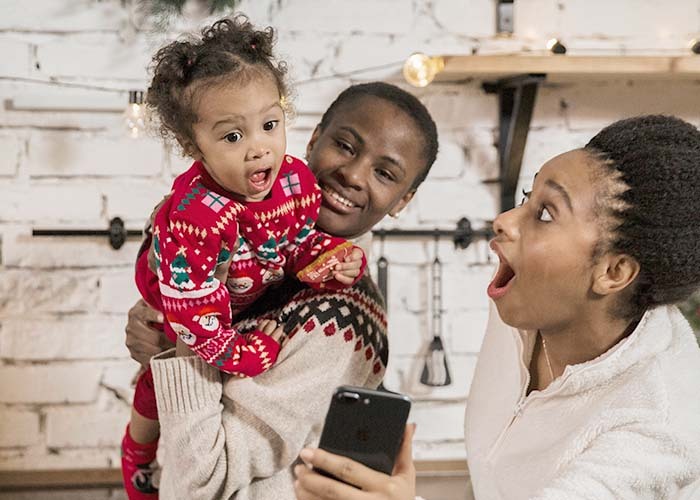As a parent, talking with babies and toddlers is essential from the very beginning. Majority of parents have no clue how to initiate the talk, especially when the child cannot speak back to them. In this blog, we shall take an overview of turning talking with babies as a convention.
Why Is Talking So Important?
You should begin telling them how much you love them and how special they are right since their birth. All this is an integral part of your kid’s growth process. They will learn from your facial expressions and the tone of your voice if you’re happy or sad. It’s never too early to read a bedtime story, tell them about your day, or any silly thing like forgetting to defrost the dinner or place the supermarket order! They process every piece of information exposed, even though they can’t reply to them yet. The benefits might not be noticeable initially, but all these practices will reward you in the long run.
Early Beginnings
From around six months, your baby will communicate in baby jargon, responding to you in their own way. It’s fascinating to hear them, especially when they become excited about seeing you! It’s often silliness speech, but the more your child grows, the more interesting their words become. They begin to understand what you speak much before they themselves can speak clearly. They also absorb emotional tone, so encourage baby’s early attempts to communicate with you with loving attention. Smile at your baby frequently, and giggle, especially when they are cooing, gurgling, or otherwise chatting to you in baby talk. It’s all great fun and very rewarding.
You might also be interested to check ‘Language Delay or delayed speech in kids.’
Babbling: The Small Talks!
We’ve all heard about babbling. But what is it? It’s sometimes called baby language or talk; that is when the child begins to take on the intonations of speech because it doesn’t make any sense to people with developed language. It sounds like someone threw a mass of letters in a box, jumbled them up, and tossed them again to see what happened.
Understanding Gibberish Chats
Babies usually begin talking in jargon nonsense before their first birthday. By the age of two years, it is usual to look for them to use more real words other than jargon. If you can’t fully understand your toddler, it’s because your child is still learning to pronounce different sounds. Some toddlers can’t pronounce certain letters or might have difficulty pronouncing them. For instance, a child might not be able to say Mummy but can say Daddy brilliantly. Hence, they shall call their parents Diddy and Daddy. Hopefully, the ‘M’ sound will come soon, naturally.
Ready Steady Go!

Most kids begin to speak words alongside as they learn to crawl, that is by the age of 12 months.
On average, babies and toddlers say their first words between 7 and 12 months. They begin to frame logical sentences by the age of 2-3 years. They develop language of speech alongside other necessary skills, such as those relating to physical movement. This is why most babies speak their first works by the age of 12 months, i.e. when they begin to crawl.
Talking Timeline
Here is a pattern of conversation according to age group that will help you in understanding when to expect what.
- 0–3 months: During this phase, babies recognize parents’ voices and make sounds that express their feelings.
- 4–6 months: They begin to respond to changes in tone, follow sounds with their eyes, and babble.
- 7-12 months: By this age, the baby understands essential words, respond to simple requests, and use their hands to communicate. Then, they may use a few recognizable words.
- 1–2 years: It is when a child begins to pick new words, understands basic questions and follows new stories. There can be instances when they begin to assemble words into phrases, trying to raise a question. Asking around for their needs is also noticeable during this time.
- 2–3 years: By this age, a toddler begins to frame sentences and speak. They might also refer to the things they see around them. Children shall be asking endless questions and become exciting little individuals by this time.
And just for the record!
Einstein, a certified genius, was a late talker and didn’t speak complete sentences until he was five years old. Einstein’s speech delay wasn’t an impediment to his academic expertise and awe-inspiring achievements.






